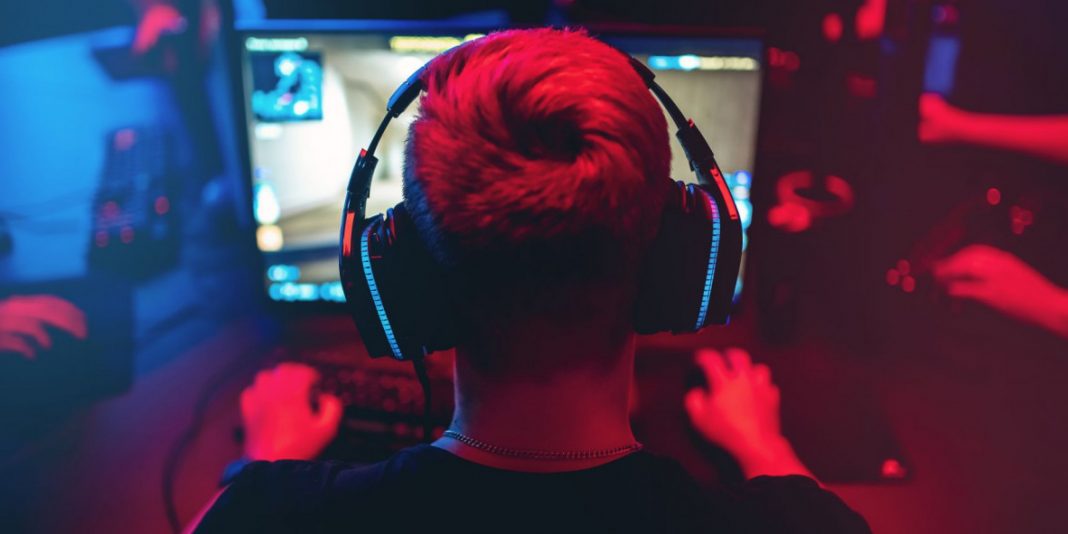Whilst the rest of the world has been hit with a boom in esports betting, the same cannot be said for the US. Even in areas where traditional sports wagering has been allowed, competitive gaming has not been included. Nevertheless, in other mediums such as viewership and sponsorship, the esports sector is booming stateside.
Speaking on the final day of ESI Digital Summer, Moritz Maurer, the CEO of GRID, explained that in order for esports betting to thrive in the US, proper education over the sector is needed.
He stated: “I think generally the key to all of this is education. I think educating stakeholders, educating regulators who might not spend the majority of the day on Twitch. This is exactly what has to take place.
“But this is one of the things that is always with us and with the conversations we have with our partners. Education is at the forefront of everything, getting people comfortable with it, and showing them the great potential that is there for this industry.”
Lovell Walker, the Founder of Onward Media Lab agreed that education is a priority, specifically when it comes to convincing regulators to invest in the industry. However he expressed the view that currently educating somebody about esports is an incredibly tough task especially due to the genre having so many different variants.
“A lot of what Moritz talked about was right on. It’s about education,” Walker advised. “What I think is the biggest piece about this is the vernacular that’s being used in esports versus traditional betting. So I think about esports and the fact that it’s not just one sport, we are talking about 15-20 different games, four or five of them are core. We say the word esports but we’re really talking about a large amount of content, categories and games, which really isn’t fair, we don’t talk about sports in that context.”
“We talk about football, we talk about baseball, we talk about basketball, we don’t talk about an entire ecosystem, and thinking that operator can take all of that information at once when they’re completely foreign to it and taking bets on it and then explaining to their audience of existing customers who have no idea what is going on. There’s a big disconnect that’s happening.”
The ‘Esports Betting in the USA’ panel also discussed the opportunities that operators could have in the future, especially if more and more states open up their policies to include not only traditional betting but esports wagering as well.
GameCo CEO Blaine Graboyes discussed that there is a huge opportunity for esports-specific operators in the US with the majority of players focusing purely on traditional sports first, given the relative newness of sports betting legalization.
He said: “The traditional casinos and sports betting operators are not going to address the esports market. They’re simply too busy rolling out traditional sports betting and igaming. And as you have every new state open up over the next one, two, three, even five years, they are simply going to be so busy focusing on the legacy business they’re essentially leaving this market open to new innovative companies like Rivalry and GameCo.”
Whilst it is good for specific operators to latch onto the market and create an audience, according to some of the experts the revenue potential of esports betting in the US is not at the correct stage yet, especially when you compare it internationally. Lowell suggested that if a big-scale operator was to invest in the esports sector, then it shouldn’t be for monetary gain right now but to appease a younger audience.
He commented: “I know we tend to think about the money grab and opportunity that exists from a sports betting standpoint of getting to the dollar eventually, but for this particular segment, it needs to be top of the funnel thinking, it needs to be about acquisition it needs to be about marketing.
“If you shift to thinking I’m doing this particular initiative to gather a new customer, I think it makes it more of a priority. Today, it’s a lesser priority but if I’m saying I’m going to get 10,000 new customers primarily because I have an esports offering, primarily because I have gaming strategy and initiatives attached to my sports betting program. It makes more sense from there.
“But if your only goal is to make money off this market, it’s not ideal. I don’t think that you should put your eggs into that basket, from a US perspective of course.”
Maurer on the other hand offered a counter argument to Lowell’s statement, insisting that while right now esports in the US is not massively profitable, it has shifted past being purely a customer acquisition sector.
“If you look at some of the numbers, I think Pinnacle has esports as their top four sport now, we’re talking about serious volumes that we see on a global scale and across the network of our customers. Esports has turned from the customer acquisition tool, which was the premise of going into esports, let’s say 10 to seven years ago, to now being a real revenue driver.
“If esports is not classified as a sport, if the limits are very low, there’s very obvious barriers that we see here for it to blow up on the turnover side too. But I would certainly argue that the potential is absolutely there and the numbers speak for themselves in other markets. I think the results initially that we see in the US for esports betting specifically should be taken for a grain of salt.”
To conclude Graboyes insisted that for esports betting to reach its potential in the US market then regulations need to change to broaden the type of esports betting with live in-play wagering, which is competitive gaming’s biggest gambling sector, not available in the country.
The CEO noted: “I would say the biggest difference between the US and the rest of the global market really comes down to two things. What are the markets or games or events that you can take a book on? Using Colorado as an example, they probably have the most robust whitelist of available events of any US Commercial jurisdiction. I’m just going to estimate and say it’s probably five to 10% of the market that Pinnacle would be offering on a typical day.
“The biggest thing is in-play betting. Right now there is no in-play betting in the US. It’s one of the reasons we’re really excited to be partnered with GRID in the US. I think outside of the US you would typically see that as 60-80% of your handle. So if you’re only seeing five to 10% of the events that are available, and of those events, you’re only seeing 40% of the handle because of the lack of in play betting, there’s no way that you can build a robust market.”














